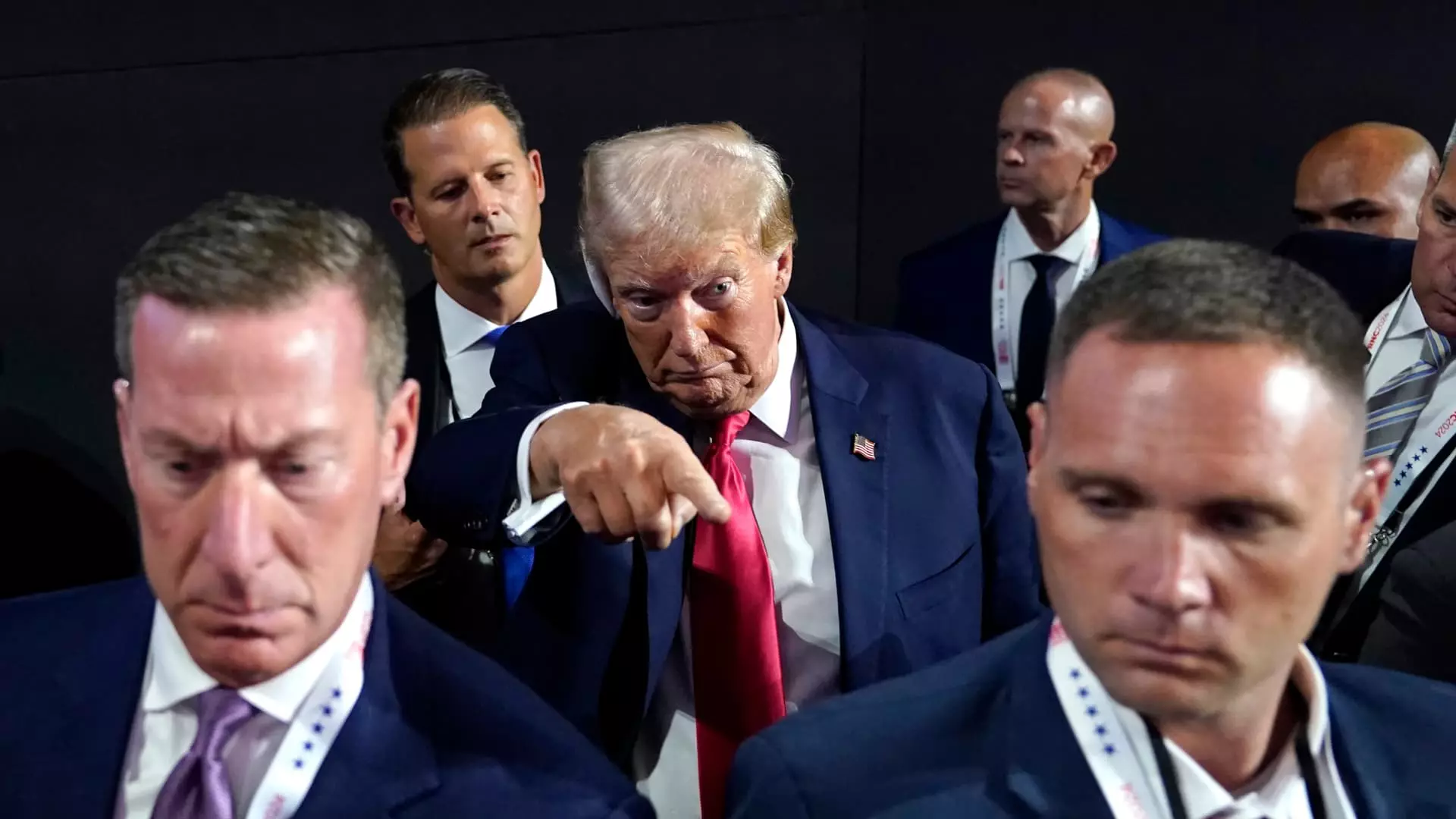In the realm of political safety, the United States Secret Service holds a pivotal role in safeguarding its leadership, especially during tumultuous times. Recent revelations concerning the protection of former President Donald Trump have stirred a significant amount of discourse about the effectiveness and resource allocation of this agency. Reports confirm that, over the last couple of years, the Secret Service declined several requests from Trump for enhanced security measures. This scenario raises important questions regarding the implications of resource limitations within a critical protective framework.
The acknowledgment by the Secret Service, as reported by major media outlets, highlights a profound challenge—balancing the demands of high-profile protection with the realities of finite resources. When a known public figure requests increased security, it’s typically accompanied by an analysis of imminent threat levels, historical context, and the events surrounding the requests. The agency’s response indicates a strategy that prioritizes efficiency and adaptability in safeguarding the former president.
The security debate heightened following an alarming incident in which Trump was injured during a rally in Pennsylvania, resulting in one fatality and multiple injuries. This incident not only underscores the escalating dangers that accompany public political gatherings but also intensifies scrutiny on the Secret Service’s preparedness and responsiveness. Lawmakers are increasingly insistent on accountability, questioning whether the security apparatus is equipped to handle such precarious situations effectively.
Following the shooting, Secret Service Spokesperson Anthony Guglielmi’s remarks shifted from outright denial of resource request denials to a more nuanced acknowledgment of modifications made to safeguard Trump. The essence of these changes fosters a conversation about cooperation with state and local authorities, indicating that the Secret Service aims to create a multifaceted approach to security. This is crucial in reflecting the agency’s adaptability in crisis scenarios, even when direct requests may not be fulfilled.
The political ramifications of these events are profound, with Republican leaders openly demanding answers. The conversation surrounding the agency’s director, Kimberly Cheatle, reflects the tension between public and political accountability. Critics are calling for her resignation, insisting that lapses in security protocol merit significant leadership changes. Cheatle’s upcoming testimony on Capitol Hill is awaited with bated breath, as it offers a platform for the agency to clarify its operational decisions amid a narrative dominated by chaos and danger.
As this situation plays out, it is essential to recognize the broader context of presidential security. The Secret Service has a history of adapting to the evolving threats faced by leaders; however, the recent events indicate that there may be systemic issues that need addressing. The agency’s ability to learn from these incidents and improve upon existing protocols will be critical in restoring trust and ensuring the safety of public figures in the future.
The interplay between political security, public perceptions, and institutional capability remains complex. The Secret Service must navigate these challenges effectively while maintaining the integrity of its protective mission, as the stakes have never been higher in a political climate fraught with tension and hostility.


Leave a Reply